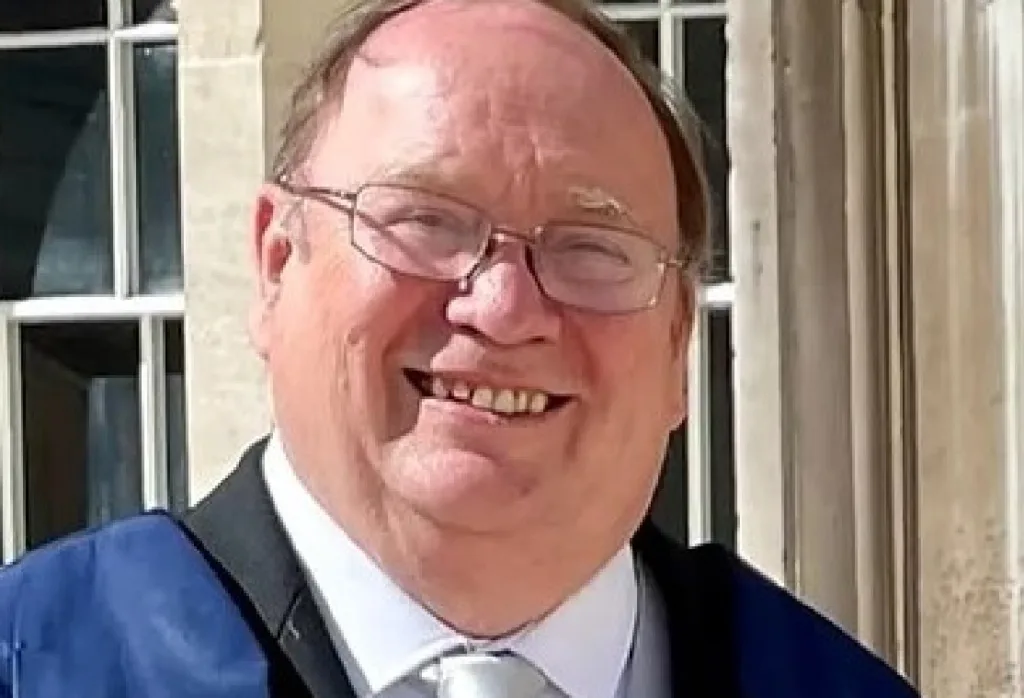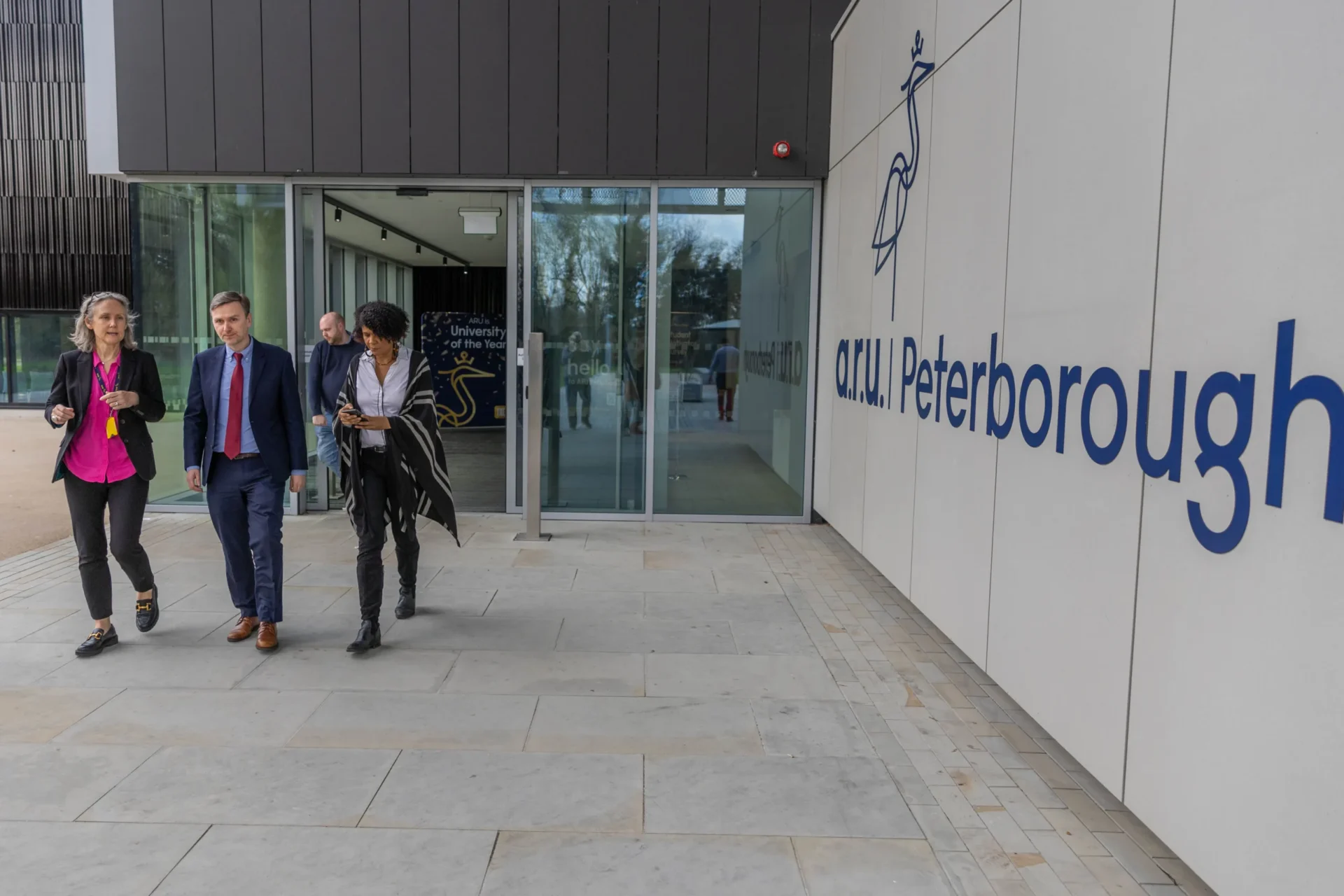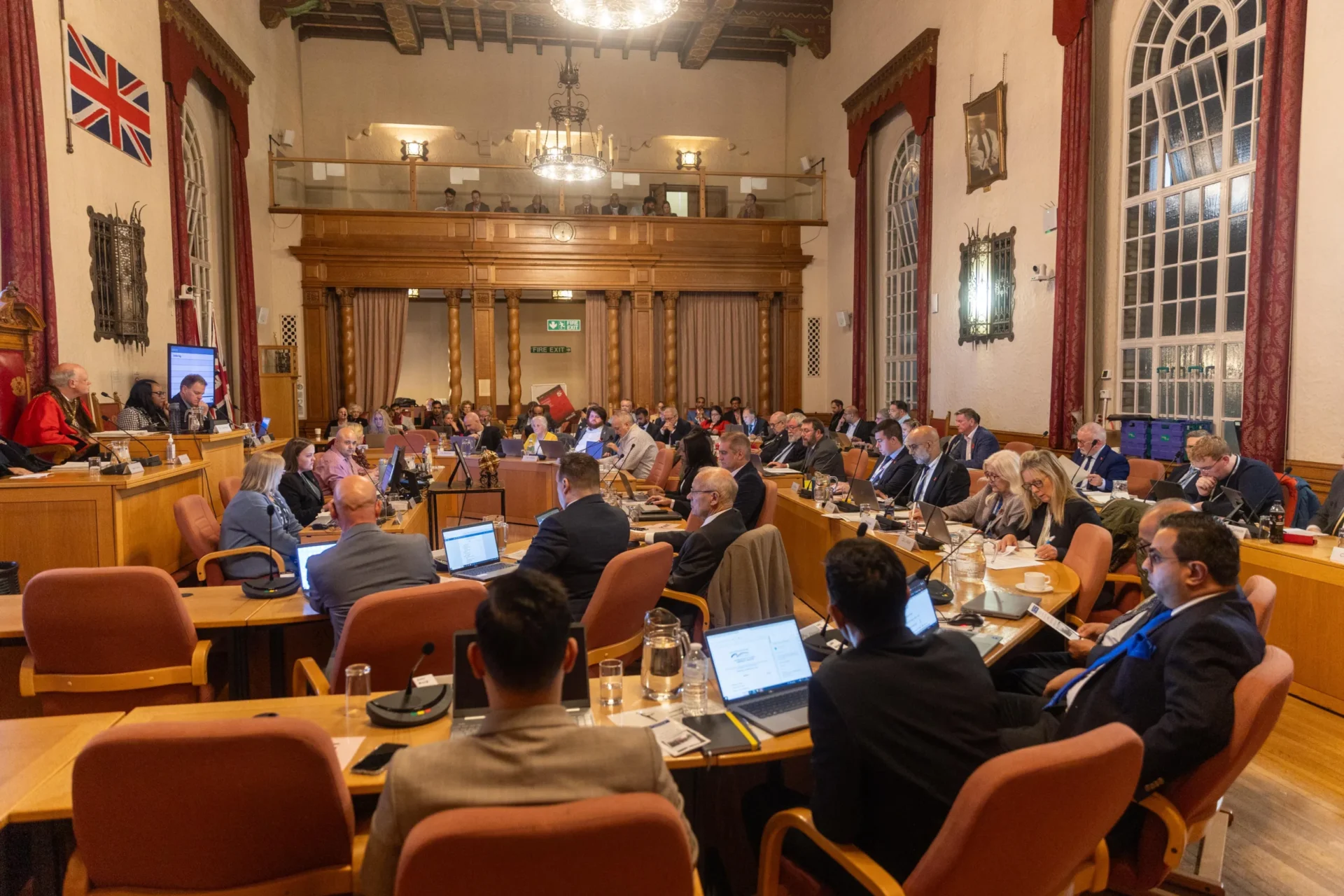Jobs could go at the four leisure centres in Fenland with operator Freedom Leisure considering “staffing cost reductions to mitigate costs due to the energy crisis.
“Freedom Leisure is in the process of implementing further significant cost reduction actions to mitigate the energy costs increases,” Fenland Council Cabinet was told.
“These include a review of the local leisure centre staff structure targeting a significant reduction in staffing costs.”
The report, approved by councillors, agreed for the council to offer further financial support – this time a £250,000 loan – to Freedom Leisure.
The council accepts the energy crisis “may have a more severe impact on local leisure facilities than Covid 19, if further central Government support is not made available”.

Freedom Leisure pleaded for extra support to “mitigate some of the excessive energy costs” currently being placed on them.
It is the latest blow to Freedom Leisure and Fenland Council that has again been forced into looking at financial options to support Freedom.
In December 2018 Freedom Leisure, a charitable trust and not for profit organisation, took over the operation and management of the four leisure centres with a 15 years and four months agreement.
Freedom Leisure runs Chatteris Leisure Centre, March George Campbell Leisure Centre, Wisbech Hudson Leisure Centre, and Whittlesey Manor Leisure Centre.
The contract was first challenged when Covid intervened which hit Freedom Leisure hard.

Fenland Council says because of its “contractual obligations” it supported Freedom Leisure.
In financial years 2020/21 and 2021/22, this support amounted to £636,808.
Of this amount, £164,988 was non-repayable – and as Freedom reports in its annual accounts, Fenland was its only client to offer a loan (of £92,566) in May 2020 that was interest free.
It was broken down into a decision to defer the monthly management fee of £37,560, such sum then becoming repayable on a monthly basis at a rate to be agreed between years 5 and 15 of the contract.
And an interest free loan of £48,011, the loan to become repayable in the event that Freedom Leisure cease to trade or invoke a force majeure clause or any other clause which has the effect of terminating the agreement.
£6,985 was also included to cover ongoing staffing costs.
The remaining support of £471,820 becomes repayable through an annual deduction of 75% of any profit generated in excess of the levels agreed in the original trading agreement with Freedom which is the trading name of Wealden Leisure Limited.

But post Covid it is the energy crisis that has come to the fore and one outcome was for Freedom to reduce opening hours last November. The reduced hours in Fenland will continue.
Fenland Council is adamant it wants to continue with Freedom, even though options for breaking the contract were given to Cabinet members of the council.
Officers say the deal with Freedom is saving the council £351,000 a year.
“Additionally, the council is saving a further £49,000 p.a. by combining some staffing roles as a result of the Freedom contract,” says a report to Cabinet.
“The total saving equates to approximately £5.6 million of savings over the contract period.
“The energy crisis that the country is currently experiencing has added exceptional unavoidable costs into the leisure sector.”

Officers say it was anticipated that at 2018 prices the Government’s support to businesses on increased energy costs would keep costs down.
“However, that has not been sufficient,” says the report.
“Whilst Government has set up a scheme, the Energy Bill Relief Scheme (EBRS) to support businesses, the impact of the scheme is limited, especially for high energy services such as leisure centres, particularly those with swimming pools. “
The report says leisure centres have not been afforded energy intensive user status meaning that from April 2023, the support afforded by Government drops, exposing the leisure sector across the country to higher energy costs.
In the first six months of 2023/24 Freedom estimates excess energy costs (i.e. the cost above what was expected to be paid without inflated energy costs) of £290,298.
This cost is an estimation based on previous energy use, expected tariffs, and includes the impact of energy mitigation measures already implemented or those in train.
“These measures include a dramatic focus on any possible reduction in energy usage, as well as the reduction in opening hours that Cabinet agreed to in 2022,” says the report.
“Excess energy costs are affecting the whole leisure sector regardless of whether services are delivered in house or through a contract partner.

“In fact, if the service was still in house the council would be in a worse position because as well as having to bear the excess energy costs directly, the council would be responsible for all other operational costs of running the centres.”
Cabinet agreed to maintain the reduction in opening hours agreed in 2022 in order to continue to mitigate some energy costs in the leisure centres.
It also agreed to support Freedom Leisure in the form of a repayable loan, on an open book basis, up to a maximum sum of £250,000 for the period 1 April 2023 to 30 September 2023.
The report added: “The past three years have been particularly difficult for businesses across the country.
“Whilst the operational business has recovered well, there remains no certainty that excess profits will be made in the future.”
Council officers will investigate the likely longer-term impact of the energy supply costs on the management of leisure facilities, reporting back to Cabinet with options that consider a longer-term approach to managing the situation.
Fenland District Council Leader and Cabinet Member for Finance, Cllr Chris Boden, said: “It’s vital for us to have leisure centre and swimming pool provision in Fenland – places for our entire community to stay healthy and, in the case of pools, learn lifesaving skills.
“The huge global increase in energy costs has brought huge unprecedented and impossible to predict challenges.”
“We’ll continue to work closely with Freedom Leisure to find long term savings and solutions.”
He said that in other parts of the country swimming pools have closed due to the crisis.
Other measures to reduce costs in Fenland, including the planned installation of solar panels and energy saving lighting, are also being implemented.

The report says that Fenland Council’s 15-year contract with Freedom Leisure is now in year 5.
“The significant increase in user numbers, particularly in swimming lessons, operational efficiencies and cashable savings that Freedom has made since Covid 19 has enabled the contract to return to its pre Covid 19 position, with Freedom paying FDC the full management fee in the current year to date,” says the report.
Fenland Council probably felt it had little option in supporting Freedom Leisure.
It was that the “excessive scale of these costs was not built into the bid submission when the contract was let.
“Without a form of intervention from the council, the operation of leisure centres, as currently delivered, will be placed at risk.
“Despite Freedom managing the leisure centres well operationally, the energy crisis that the country is currently experiencing has added exceptional and unavoidable operating costs into the business.
“Government support is insufficient to mitigate these excess costs to a reasonable extent.”
It adds: “As a large organisation, Freedom has the capacity to absorb typical market fluctuations and respond in a more agile manner than a council might.
“However, the current situation in terms of excess energy costs is untypical. These costs are not affordable for Freedom within the current contractual arrangement with the council.

“The council heavily scrutinises Freedom Leisure to ensure they are doing everything possible to reduce their overheads across the Fenland contract, so any financial contribution requested by FDC is limited.
The report to Cabinet pointed out that should note that if FDC was still managing the leisure centres directly, the council would not be benefitting from the annual reduction in cost (£400,000 p.a.) that the Freedom contract offers “nor the increased performance in terms of admissions that Freedom has generated from the leisure centres.
“However, the council would be in a similar position with regards to paying the current substantial excess energy costs.
“If the council took the centres back in-house, costs would rise by both the excess energy costs AND the £400,000 p.a. saving being made annually.
“In addition to this excess cost, the costs associated with such a considerable management change are expected to be in excess of £100,000 in year one, reducing in subsequent years.”
If Fenland opted for another operator it was unlikely, they would offer to cover excess energy costs and also unlikely to offer an arrangement that betters the one that the council has in place with Freedom “given the turmoil and uncertainty in the economy and particularly the leisure industry.
“This approach would only increase FDC’s costs on top of the current excess energy support consideration that Freedom may be offered by the council”.
The report added: “Cabinet should recognise that the current situation is not a short-term situation, and consideration of a longer-term strategy to address on-going excess energy costs should be considered during 2023/24.

“Should the contract with Freedom not continue as a result of the energy cost crisis, FDC will not realise the £4.1m of savings over the outstanding period of the contract.
“Taking a long-term view, putting in place supportive operational changes in conjunction with Freedom, alongside potential financial support, is in FDC’s best financial interests and it is in FDC’s interests that the Freedom management contract continues.
“If Freedom breaks the contract with FDC or the company fails as a result of unsupportive clients, then FDC’s short term costs by bringing the service back in house will increase by at least £400,000 p.a.
“FDC would be taking back the health and safety risk, staff management, accountancy and payroll functions, administrative functions, and human resources of over 160 different staff.

“Staff restructures took place in FDC’s back-office teams to reflect leisure being outsourced.
“These additional costs would have to be added back into the FDC budget to support any inhouse change.
“It will not be possible to find an alternative provider of the Service at short notice.
“If FDC was to take the facilities back in-house, then the current excess energy costs would be payable by the council directly. There would be no way of avoiding these costs.
“This would be a similar case if another contractor took on the contract; any revised contract would include the current energy costs and the council would not be able to avoid these costs.”




















